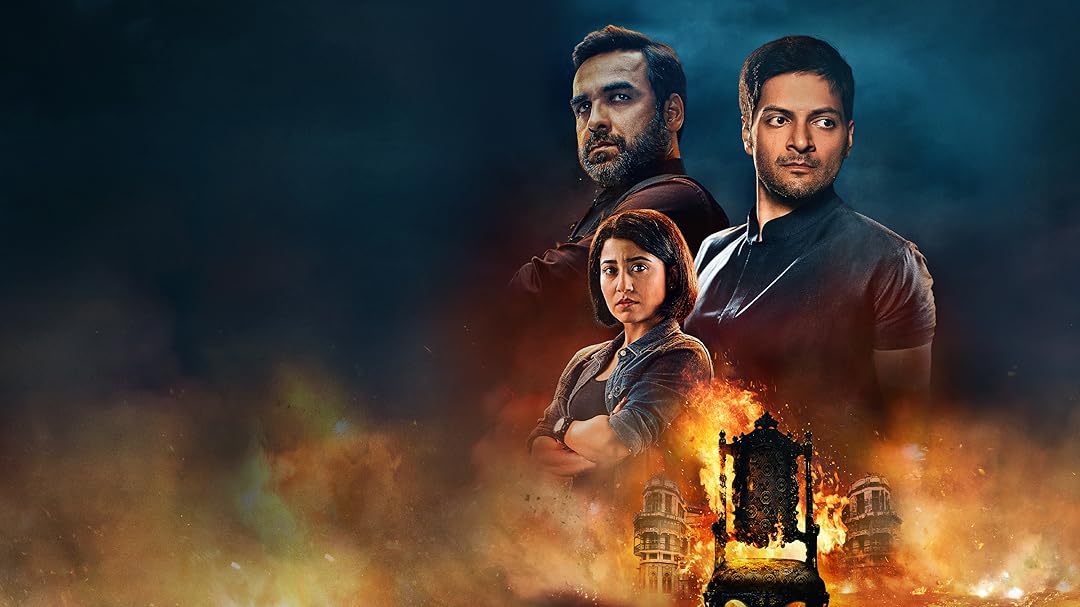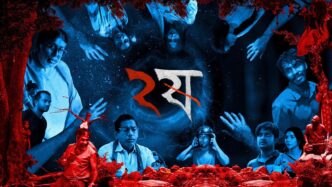With Mirzapur recently ending its much-awaited Season 3, the Bollywood Web Series has once again come to the forefront of pop culture conversations. Amazon Prime launched a teaser with its upcoming collection of star-studded series, including the return of old favorites. However, Mirzapur, one of the original web series that started the OTT revolution in India, fell short of its expectations. I started watching the third series on the day it launched and couldn’t binge-watch my way through it overnight.
I stayed clear of any major spoilers in the upcoming days, given Mirzapur derives its maximum entertainment from shock value. However, I couldn’t help but notice the lukewarm reception and the fans’ disappointing tone. I was unmoved as the first two episodes were faithful to the old Mirzapur narrative and managed to mesmerise me despite the showstopper Pankaj Tripathi’s limited screen time. But as the episodes dragged on and the dead bodies mounted, I grew tired of the mindless deaths that added zero dimension to the narrative and purely provided shock value for the audience. In addition, the character of Golu proved to be reckless, a diversion from her established personality. This in turn proved to be a major point to add further shock value and more unnecessary casualties to the struggle of the throne. Fast forward to the final episodes of the season, and I joined the hoard of fans criticizing the show’s screenplay and evident fall from grace. What started as India’s answer to Game of Thrones became a shallow imitation of the latter’s most infamous murder scenes.
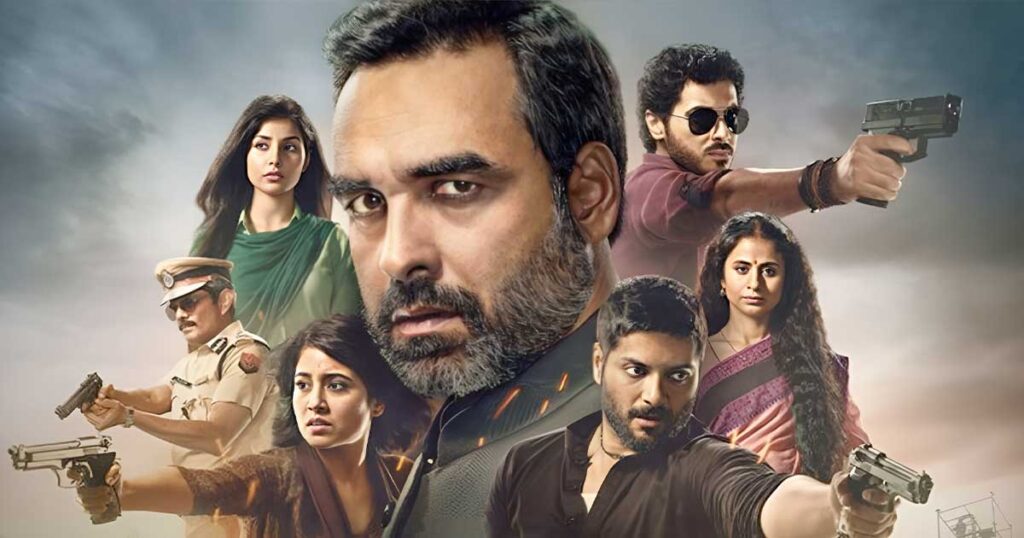
And the ironic part is, this is not the first time that a promising show fell off the wagon and lost its way in later seasons. And no, I am not just referring to Game of Thrones here. Instead, I am referring to the very first Hindi web series to have taken the stage by storm: Sacred Games. From the memorable opening background music to the haunting mandala sequence, Sacred Games etched web-viewing history.
They cemented Saif Ali Khan and Nawazuddin Siddiqui as veritably bankable stars on the OTT and beyond the silver screen.
The first season was indeed one that could give most Western shows on Netflix a run for their money. The dark storyline and its resounding success inspired the likes of Mirzapur, Asur, and many others. However, the eagerly anticipated second season was so disappointing that even the show’s headliner, Saif Ali Khan, was vocal in his disappointment.
But it wasn’t just dark crime thrillers that dominated the OTT space; light-hearted everyday family dramas such as Gullak, Yeh Hai Meri Family, What the Folks, and Tripling were also overnight hits and harkened to a bygone era of family bonds beyond the usual Saans-bahu and Naagin trope. Whereas, slice-of-life stories such as Panchayat set record-breaking numbers for Prime, intense thrillers such as The Family Man and Breathe cemented the importance of solid content creation helmed by sharp acting.
However, Panchayat moved away from its strategy of coming up with hilariously mundane topics and diverged towards a more dramatic note in the latter two seasons with the introduction of villains. The writing for Yeh Meri Family’s second outing fell weak and failed to capture the heart and soul of the previous season. It was erased from the audience’s collective memory as soon as it arrived. The second season of Breathe saw new faces but couldn’t match the energy of the first season.
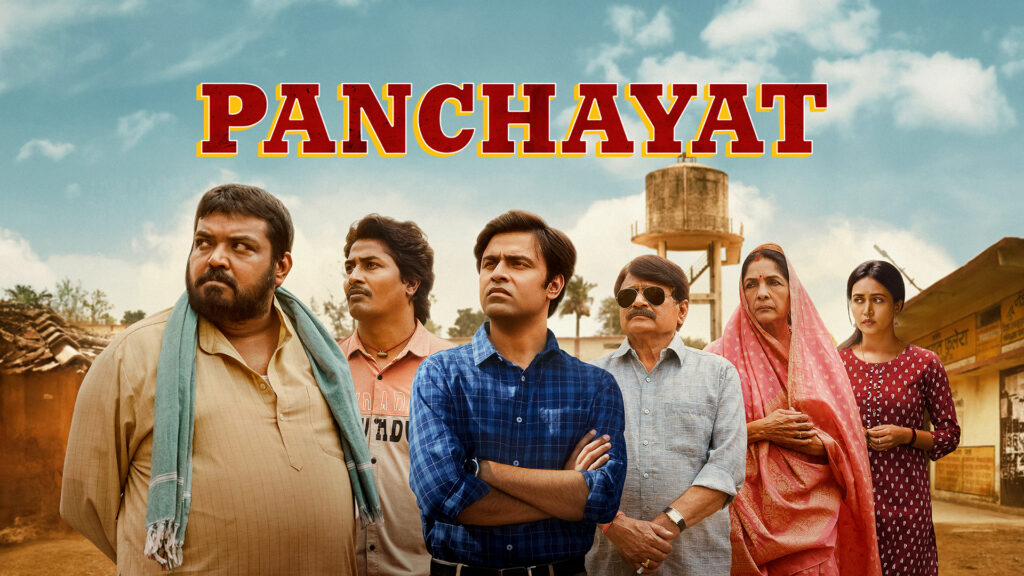
On the other hand, The Family Man has retained its story-telling in the two seasons while its die-hard fans wait for the next one with bated breath. Instead, the show’s director duo brought in Shahid Kapoor and Vijay Sethupathi together for Farzi. It gave the two only a few minutes of screen time together, failing to replicate the success and critical acclaim of Manoj Bajpayee’s on-screen chemistry with Samantha Ruth Prabhu in season two of The Family Man.
The Viral Fever’s other outings, namely, FLAMES, albeit not as famous, managed to hold on to its core narrative of soft teenage drama throughout its multiple seasons. Coming-of-age shows managed to hold on to their fanfare as series like Hostel Daze, and Kota Factory catapulted their leading stars to overnight fame and acclaim. Irreverent comedies such as Girliyapa’s Girl’s Hostel and Sumukhi Suresh’s dark laughter-fest, Pushpavalli, were headlined by accomplished female actresses but failed to find mass appeal, despite churning out consistently strong seasons.
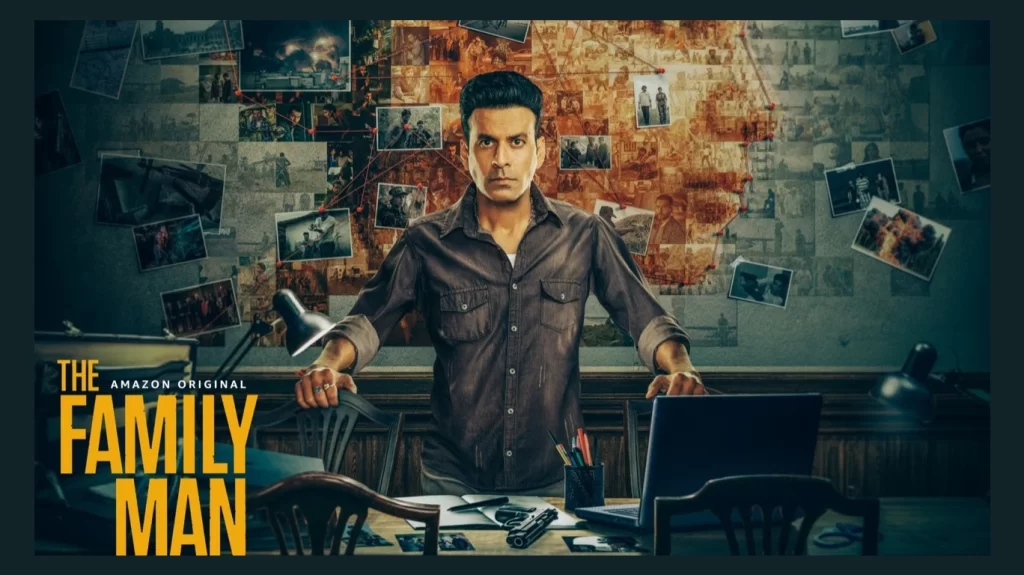
Most series simply try to rake in the nostalgia value and maintain the momentum from their previous success without investing in a strong screenplay and organic writing. As much as I enjoyed Panchayat Season 3 for example, I couldn’t help but feel that the overall tonality of the show had undergone a shift in tonality and geared more towards serious topics as opposed to being a simple, down-to-earth comedy. While this might be a creative decision in itself, there is no shying away from the fact that we as viewers just want to escape into an alternate reality that is Phulera. And not watch yet another series on power struggle and corruption. Similarly, Sacred Games Season 2 failed to live up to its predecessor purely based on its lackluster execution and storytelling. In trying to tie the ends of the first season, the second one simply chose to close into a hurried ending without intriguing the viewers as much.
As Bollywood keeps losing numbers in its single screens and theaters, more and more content is increasing number across the myriad of OTT platforms. While Netflix and Prime remain unable to continue churning out viral content, very few of their series were able to maintain the momentum created by earlier seasons
